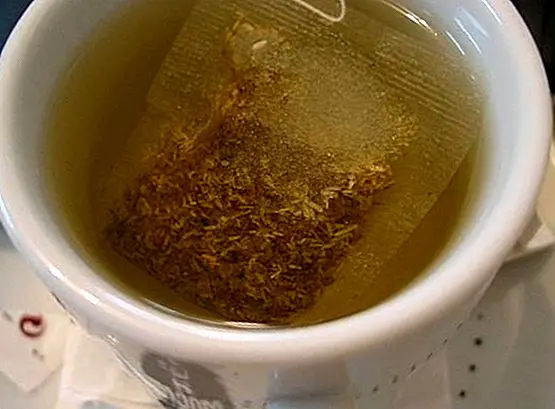Is incense smoke bad for your health? A study says it is dangerous
The incense It has traditionally been used since antiquity in religious ceremonies, where it was commonly believed that it possessed different mass powers capable of attracting or repelling different energies or spirits present in the environment or in the area where it was lit and burned. It is a word from Latin ("Incensum"), which literally means turn on or to illuminate.
It is quite probable that its origin was found immediately after man learned to use fire, when he noticed that certain plants or herbs, resins and woods gave off pleasant fragrances and aromas when burned. In fact, we must go back to "The epic of Gilgamesh" (considered as the first literary writing of humanity) to find a mention of incense as an offering to the gods, although the first mention of incense was found around the 15th century BC, and the Egyptians called it the "aroma of the gods" "

Since then, incense has been used not only in religious or spiritual ceremonies. Also, for example, in many houses and homes in order to perfume a certain room. Or even as a way to help in the natural treatment of many conditions and diseases, as for example is the case of eucalyptus incense, useful to disinfect and refresh rooms where people have been with infectious respiratory diseases.
However, a study carried out by the South China University of Technology of Guangzhou (in China) and published in the specialized magazine
Springer's Journal Environmental Chemistry Letters
, has revealed that Incense smoke is potentially more toxic than tobacco smoke, when containing a greater number of both cytotoxic and genotoxic agents that present in cigarette smoke, in addition to certain mutagenic components related to the development of cancer.
During the investigations it was detected that 99% of the incense smoke was formed by fine and ultrafine substances, mostly highly toxic for health, which are inhaled and are trapped in the lungs, may cause an inflammatory reaction. According to previous studies, these particles would be equally related to lung cancer, the development of brain tumors and childhood leukemia.
Of course, according to the researchers, it is necessary to better understand and regulate the different risks posed by the use of incense in closed places, especially to confirm whether these conclusions are repeated in all varieties, and especially in those options more natural and elaborated naturally.

The Organization of Consumers and Users (OCU) warned some time ago about the Toxicity of smoke resulting from burning incense, after carrying out an analysis that concluded that the house of a person who habitually burns incense is as toxic as that of a habitual smoker.
The study rather alerts about the use of incense in closed places, where smoke can accumulate in the end. Therefore, in the face of more research that may or may not confirm the conclusions, it is advisable use natural incenses made without chemicals, and always in rooms or places with good ventilation. This article is published for informational purposes only. It can not and should not replace the consultation with a Physician. We advise you to consult your Trusted Doctor.



